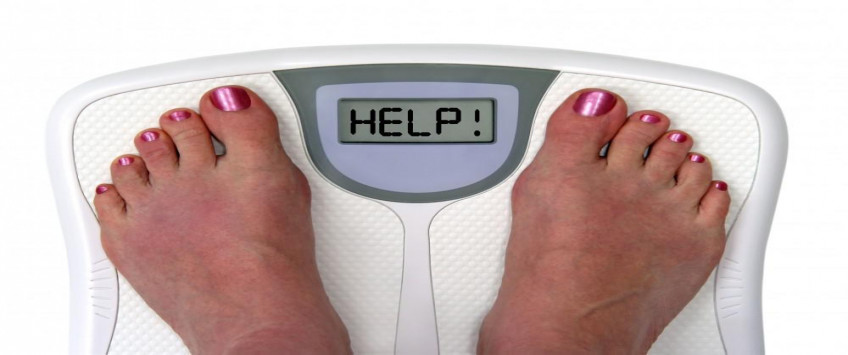The thyroid gland produces hormones that regulate metabolism and body weight, among other factors. The thyroid gland produces crucial hormones for many bodily functions, including growth and development, metabolism, and temperature regulation. A wide range of symptoms can result from thyroid disorders, including hypothyroidism and hyperthyroidism, as changes in body weight and others. However, don't assume that your weight gain is due to a thyroid problem. The following information will help you better understand what is responsible for your thyroid causing weight gain.
An individual with hypothyroidism has an insufficient amount of thyroid hormones being produced by their thyroid gland. There are several causes of hypothyroidism, including autoimmune diseases, surgery to remove the entire thyroid gland, radiation therapy, and certain medications. Depressed mood, fatigue, constipation, and irregular menstrual periods are some hypothyroidism symptoms. Hypothyroidism can also lead to weight changes, specifically weight gain, since thyroid hormones play an important role in metabolism. Most hypothyroidism patients gain a mild to moderate amount of weight, on average 5-10 pounds, and often exhibit other symptoms. You're more likely to gain weight because of a combination of factors, such as genetics, nutrition, physical activity, or other medications, than your thyroid.
Hypothyroidism may be a reasonable diagnosis for gaining weight without apparent reason and experiencing other thyroid disease symptoms. The body burns fewer calories at rest when hypothyroidism is present. You will likely eat more calories than you burn when your energy expenditure is reduced, which can result in weight gain. Despite hypothyroidism's appetite reduction, affected people are also most likely to consume fewer calories, which accounts for their lack of weight gain.
When abnormal blood tests diagnose hypothyroidism, the thyroid hormone does not help with weight loss. The use of thyroid hormone can help those with hypothyroidism improve their symptoms. However, research suggests that the weight change following thyroid hormone use is small and usually due to changes in water retention. Despite being extremely important for your overall well-being, hypothyroidism may not be the magic bullet you were hoping for when losing weight.
The term hyperthyroidism refers to a condition in which the thyroid hormone levels are elevated for an indefinite period. An elevated level of thyroid hormone can present symptoms such as nervousness, irritability, increased heart rate, sweating, difficulty sleeping, and muscle weakness, among others. Hyperthyroidism is usually caused by autoimmune conditions called Grave's Disease (the leading cause), toxic nodular or multinodular goitre, and thyroiditis. Additionally, you may develop hyperthyroidism if you take too much thyroid hormone. In addition to weight changes that may result from hyperthyroidism, thyroid hormones can also be associated with metabolic changes. A very common condition is that a person may lose weight despite an increase in appetite, which is usually a sign of hypothyroidism.
Despite being less common, hyperthyroidism can also cause weight gain. This is due to the following reasons:
Symptoms of hyperthyroidism can also be treated with a class of medication called beta blockers. It has been found that some beta blockers can lead to weight gain, and this is why some of them are being used to treat hyperthyroidism, so it may be that using these medications for this condition may lead to weight gain as well.
Whenever you gain or have difficulty losing weight due to a thyroid disorder, you should first ensure your thyroid condition is being treated appropriately. Blood tests may be needed to determine thyroid hormone levels, so speak to your healthcare provider. You can determine whether your thyroid treatment is adequate by doing this for most people.
Weight should not be significantly affected by thyroid disease once it has been treated properly. It would help if you implemented a healthful, low-calorie diet to manage thyroid-related weight gain and increase your physical activity. Stress and sleep are also important! For losing and maintaining weight, we often overlook the importance of stress management and adequate sleep.
When trying to lose weight and not succeeding as a result of doing the things above, you may need to consider seeking professional help, such as an Obesity Medicine Physician or a Registered Dietitian. These providers can use several evidence-based tools to address biological factors that may be limiting your success with weight loss, including prescription weight loss medications if appropriate.
The Weightloss Coach program may be right for you if you're looking for a sustainable, realistic, and customized program that fits your lifestyle. If necessary, a clinical team will help you lose weight with physical activity, mindset changes, nutrition, and FDA-approved medications.

Comments